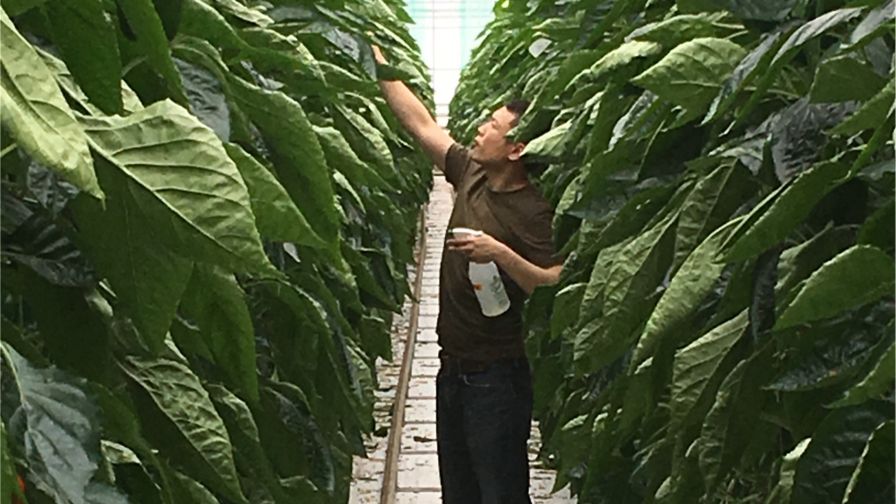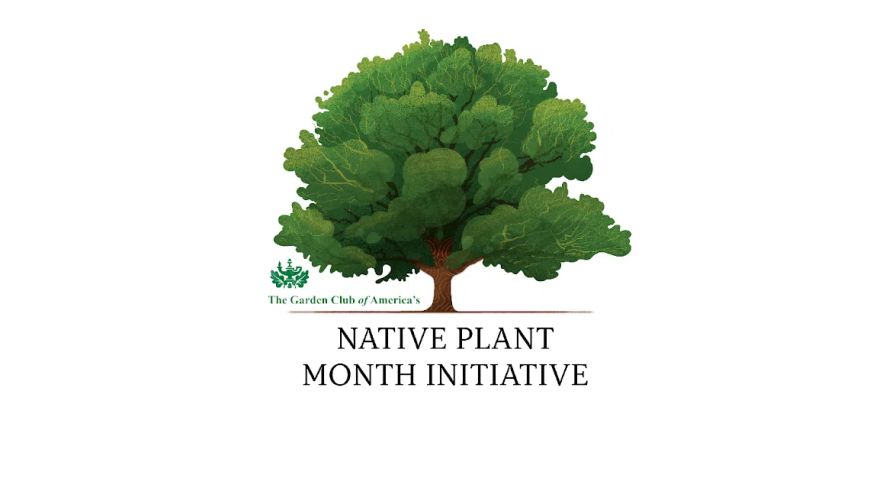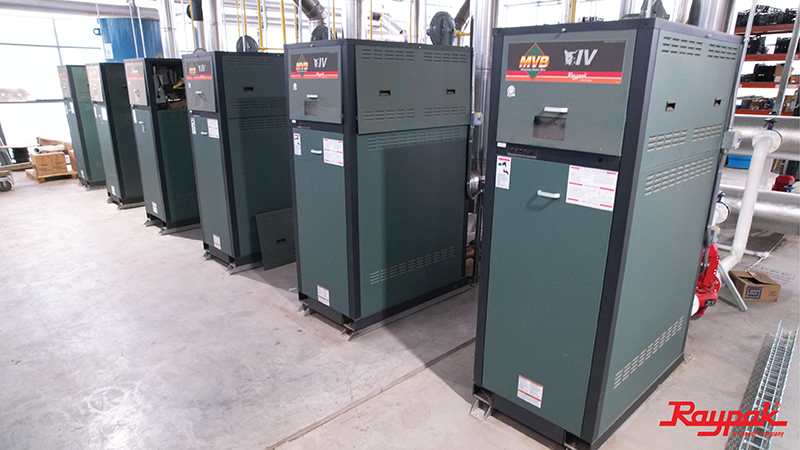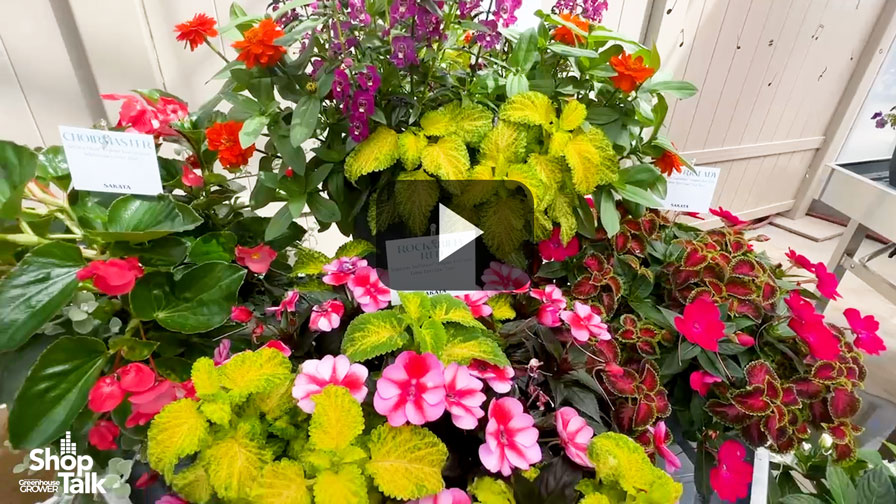How To Pick The Best POS For Your Garden Store
 Whether a garden retailer is new or has been around for 150 years, chances are it is also doing landscaping, maintenance, growing (both for themselves and, sometimes, others), re-wholesaling, floral, irrigation and construction. The list goes on and on, and the combinations are endless.
Whether a garden retailer is new or has been around for 150 years, chances are it is also doing landscaping, maintenance, growing (both for themselves and, sometimes, others), re-wholesaling, floral, irrigation and construction. The list goes on and on, and the combinations are endless.
As a retail technology systems integrator, this poses a ton of challenges. Most retailers, if asked, will tell you that their preference is to have a single point-of-sale (POS) system that manages their entire operation. However, is that a reasonable request or even possible? As always, the answer is, “It depends.”
Determine Your Needs, Then Prioritize Them
The first thing anyone looking at their existing system (or looking for a new system) should do is write out a list of what they need. Remember to include your staff when compiling the list. Your head cashier, receiving clerk and accountant will have different needs, but their input is vital. You may have a POS system that you absolutely hate, but there are things in that system you rely on every day.
Make sure all the things you like and depend on from your current system are on the list. Don’t assume that the latest and greatest POS system will have the report from your old system on which you run your operation. Those kinds of assumptions can cause everyone problems.
After you have compiled your list of needs, prioritize the list. If floral represents 15 percent of your annual sales, buying a system to address floral may not serve the garden store or the nursery very well. On the other hand, if landscaping represents 50 percent of your business, that division’s needs should be given more weight on the priorities list.
Some Systems May Not Fit Well
The green industry is blessed to have a ton of good choices for POS systems. For a smaller retailer ($400,000 or less a year in sales), QuickBooks POS or ShopKeep can be a good fit. A larger garden retailer looking to invest more in technology can review Epicor, NCR CounterPoint, RetailPro, RMS or SimPOS. Each of these systems (all well represented in the green industry) can handle inventory, POS and much more. However, their ability to track a grower’s operation is not their strong suit. The added needs of a landscaping division creates another level of complexity to the needs analysis.
• Grower systems. Growers have a variety of specialty software choices outside of POS, including HortiMaX, Picas, SBI and StarCom. If the business is trying to use a single system, their POS system can usually do basic tracking, but will rarely include all the features of a true growing system. If an operation is truly focused on growing, then a growing solution should be high on the list of considerations. If the business is split between retail and growing, finding the right product can be more challenging. There is a handful of solutions (such as SBI) that do both growing and retail. Typically, those solutions will do one portion much better than the other.
• Accounting systems. Accounting solutions include Microsoft Dynamics, QuickBooks Financial and the Sage product lines. Although some POS products include accounting modules like General Ledger and Accounts Payable, many allow the option of using a third-party system like QuickBooks. If a customer is already running an accounting solution, they usually don’t want to install a new one with a new POS system.
Many POS products, such as NCR CounterPoint, allow you to integrate with a third-party accounting solution like QuickBooks, Sage 50 and 100 and a variety of others. This makes the sale and installation of a new POS much easier on everyone. Although this adds a second system to the overall POS solution, most customers will opt to keep their accounting system rather than change to an industry specific accounting product.
• Landscaping systems. The landscaping division is often the department that gets left out when purchasing a POS system. Your landscaping division may need job costing, progressive billing, mobile payments or a variety of other items not included in a POS system or even an accounting system. If the majority of your business is landscaping, a POS system, even if you have a small retail store, may not be the perfect fit for your business. Many landscapers will use an accounting product, such as QuickBooks, and then opt for a POS system that integrates if they are running both divisions.
A Single System May Not Be The Best Option For You
A single product to run a complex and multi-divisional green operation is possible, but the phrase “trade-offs” should be in the forefront of your mind. Your retail folks may love the solution, while your landscaping division muddles through. Your growers may live and die by the reports in your growing system, but retail may feel like they got the short end of the stick on features. In short, the ability to run a single system may not be in the operation’s best interest. Be flexible as you evaluate your needs. Carefully consider the integration available between your POS system and the available third-party products on the market today. You may find that a single system is not really in the best interest of your company.
Customization Can Come With A Price Tag
Many of today’s POS products allow you to modify their code base. This can be as basic as adding custom reports and a few new data fields, to more complex routines and programs. Customizations are wonderful when done right and maintained by a solid group of programmers. However, let the buyer beware! Buying a system that needs customizations is expensive and time consuming. Customers who buy from a one- or two-person shop also run the risk of putting their business in jeopardy should something happen.
Customization allows you to keep more things in a single system, but that decision comes with a price. That price is almost never the first price quoted. The problem with customizing a system is that customers (almost) always change their minds as the work is presented. Asking for a new field, a new calculation or a new report may seem basic, but each change will cost additional time and money. Vet the programmers thoroughly. Talk to people who have used their service and make sure you know your vendor.








